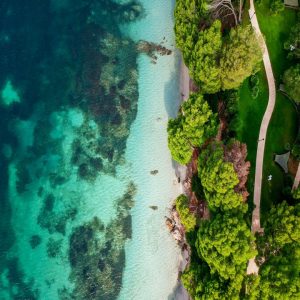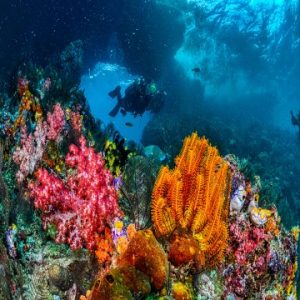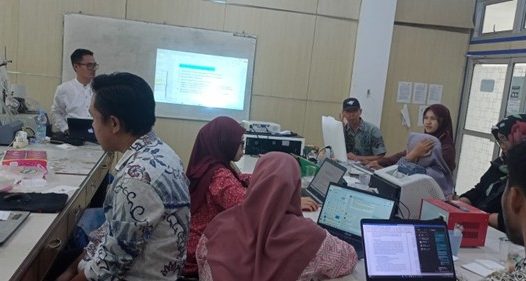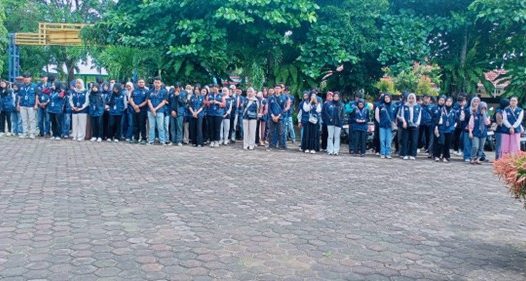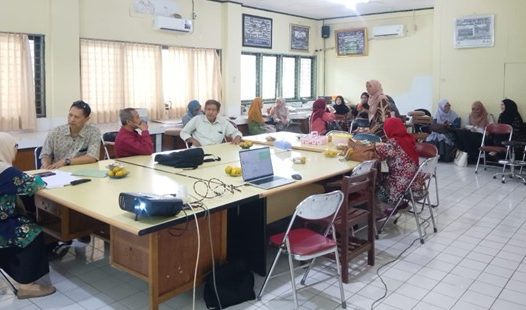MARINE ECOLOGY
Marine Ecology is the scientific study of marine-life habitats, populations, and interactions among organisms and the surrounding environment, including their abiotic (non-living physical and chemical factors that affect the ability of organisms to survive and reproduce) and biotic factors (living things or the materials that directly or indirectly affect an organism in its environment).
OCEANOGRAPHY
Oceanography is the interdisiciplinary study of the global oceans—from shallow coastal areas to the deepest ocean trenches, from the tropics to the polar seas. It’s typically divided into four sub-disciplines: physical oceanography (the study of waves, currents, tides, and ocean energy); geological oceanography (the study of the sediments, rocks, and structure of the seafloor and coastal margins); chemical oceanography (the study of the composition and properties of seawater); and biological oceanography (the study of marine organisms and their interactions with the ocean environment).
About Us
We don’t just teach marine and fisheries science, we do manage the sustainability of marine and fisheries. And so will you – through lectures, practical, field course, research project and undergraduate thesis. Our staff are expertise in their fields, marine and fisheries management, oceanography, marine biotechnology, fishery acoustic, remote sensing, and geographical information system for marine sustainable management. Our modules are based on project based and case solving on coastal and deep-sea exploration and management, disaster mitigation and climate change efforts, fisheries resource utilization, marine and fishery bioprospecting




